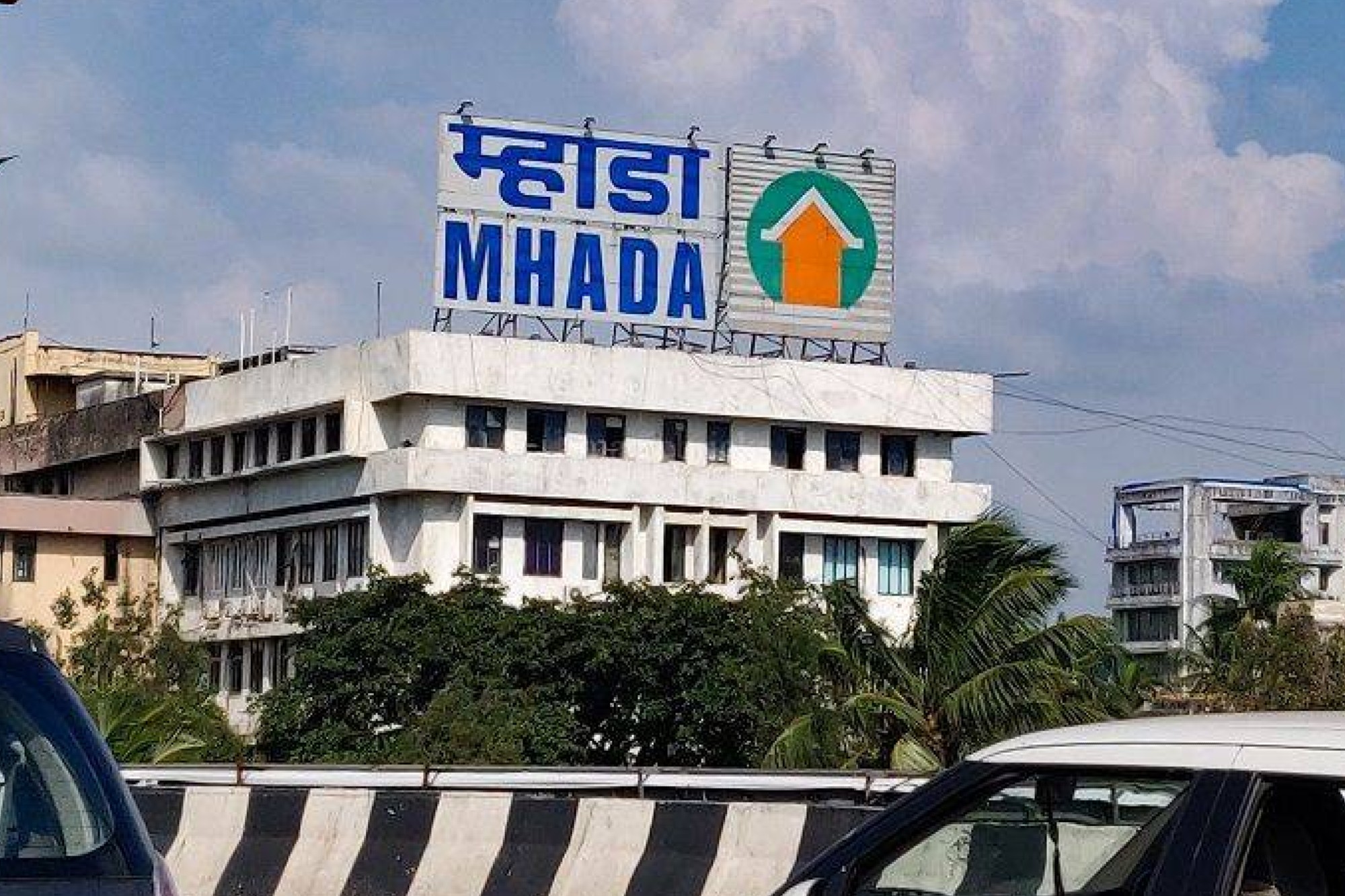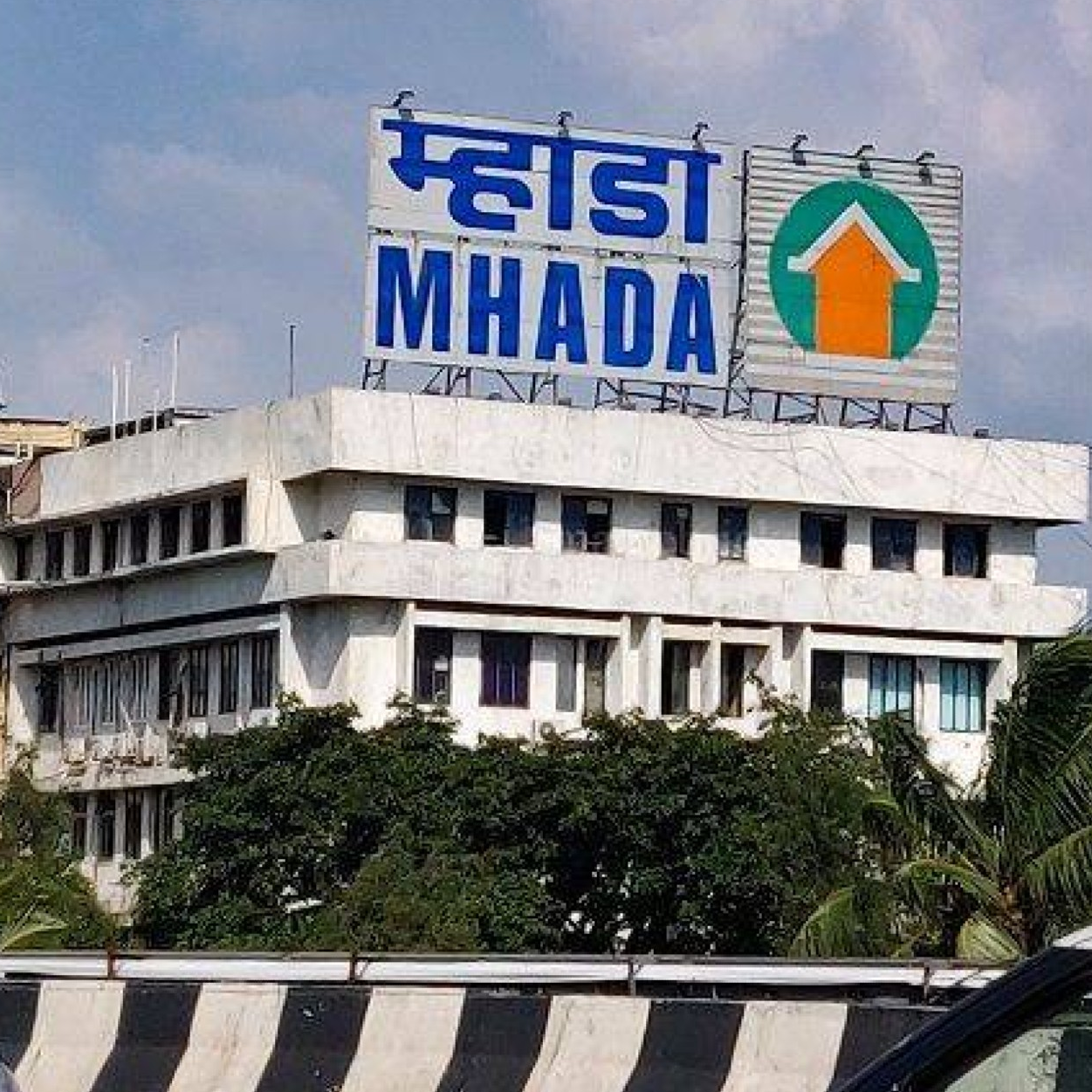
MHADA Drafts New Rental Housing Policy for Low-Income Groups in MMR
Mumbai: In a major step to address the housing challenges of low-income groups, the Maharashtra Housing and Area Development Authority (MHADA) is preparing a dedicated rental housing policy for the Mumbai Metropolitan Region (MMR). The draft framework, expected to be finalized within a month, will first be placed before MHADA’s governing authority before being sent to the state government for approval.
According to officials, the scheme is designed to bridge the widening gap between rising property prices and limited housing supply in one of India’s most expensive real estate markets. The policy is expected to become the template for rental housing across Maharashtra, with the MMR being the pilot region due to its acute demand.
A Timely Move Amid Rising Property Costs
Property prices in Mumbai, Thane, and Navi Mumbai have surged in recent years, pushing homeownership out of reach for large sections of the population. Even MHADA’s popular housing lotteries, though oversubscribed each year, offer limited flats compared to the overwhelming demand. Against this backdrop, a structured rental housing policy is seen as a crucial intervention.
“MHADA is preparing a comprehensive rental housing policy for the entire state, with priority implementation in the Mumbai Metropolitan Region. The draft will cover allotment rules, rent structures, and maintenance responsibilities. It will be ready within a month,” said IAS Sanjeev Jaiswal, Vice President of MHADA.
Policy Framework and Scope
The proposed policy is expected to lay down clear rules for developing rental homes through both MHADA-led initiatives and private developer participation. This will not only create additional housing stock but also bring transparency to rent structures and allotment processes.
Key provisions under discussion include:
- Allotment guidelines to ensure fairness and accessibility for economically weaker sections.
- Affordable rent structures linked to income slabs.
- Defined maintenance responsibilities for both tenants and developers to ensure sustainable upkeep of projects.
Officials emphasized that with the Union government’s push to position MMR as an international business and education hub, a sharp rise in population is anticipated in the coming decade. The introduction of large-scale rental housing is therefore being prioritized to accommodate migrant workers, students, and low-income families.
Push for Redevelopment in Mumbai
Parallel to the rental housing policy, MHADA is also accelerating redevelopment initiatives in Mumbai. These include group redevelopment of aging MHADA colonies and cess-based buildings. The projects aim to free up housing stock, offer larger flats to existing residents, and provide better open spaces within redeveloped layouts.
By merging rental housing schemes with redevelopment efforts, officials hope to expand the housing pipeline and provide long-term solutions to Mumbai’s acute shortage.
Lottery Plans Pushed to 2026
Despite earlier indications of releasing nearly 5,000 flats during Diwali 2025, MHADA has decided to defer its Mumbai housing lottery to March–April 2026.
The delay stems from insufficient housing stock, especially the 2,500 units tied to the long-stalled Patra Chawl project. With environmental clearances now secured, construction is set to resume soon, clearing the way for these flats to be included in the next draw.
Officials also cited the upcoming civic elections and the enforcement of the model code of conduct as factors behind the postponement. The next draw will now be held in the 2025–26 financial year.
Digital Leap: MHADASathi Chatbot
Alongside policy reforms, MHADA is also making strides in digital services. On Thursday, the authority launched “MHADASathi,” an AI-powered chatbot available on its official website.
The tool is designed to simplify access to information for citizens, lottery winners, existing residents, and tenants of cess-based buildings. Users can interact with the bot to resolve queries ranging from application processes to redevelopment updates.
Speaking at the launch, MHADA Vice President Sanjeev Jaiswal noted that technology-driven services will play a key role in making housing-related information more transparent and citizen-friendly.
Looking Ahead
Experts believe the rental housing policy could mark a turning point in Mumbai’s housing market. While ownership continues to remain aspirational, rental homes tailored for low-income families could provide the stability and dignity of secure housing without the burden of unaffordable loans.
With both redevelopment and rental housing initiatives being fast-tracked, MHADA is positioning itself at the center of Maharashtra’s affordable housing strategy. For the millions struggling to find a place in the country’s financial capital, the policy promises to be a much-needed lifeline.



